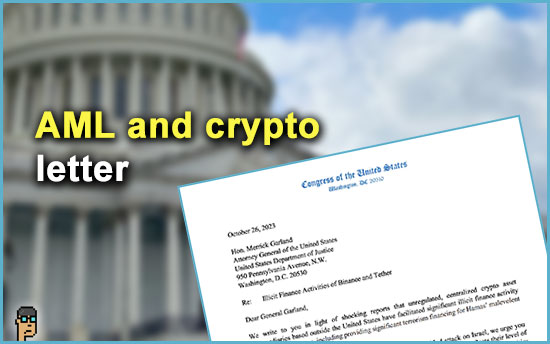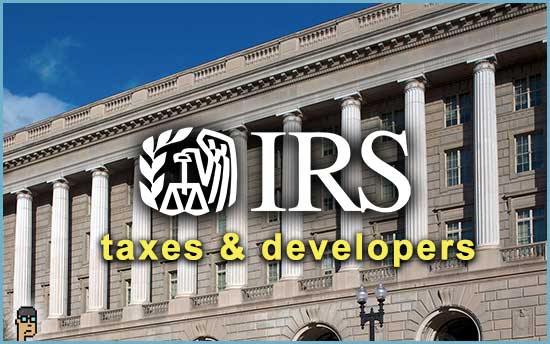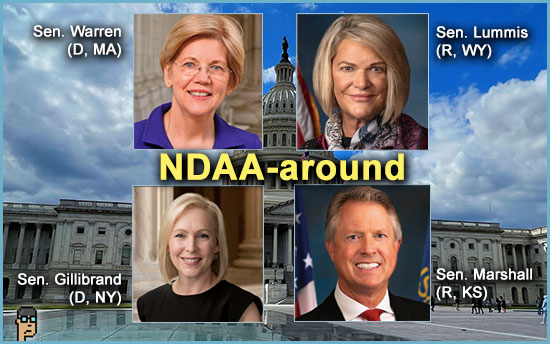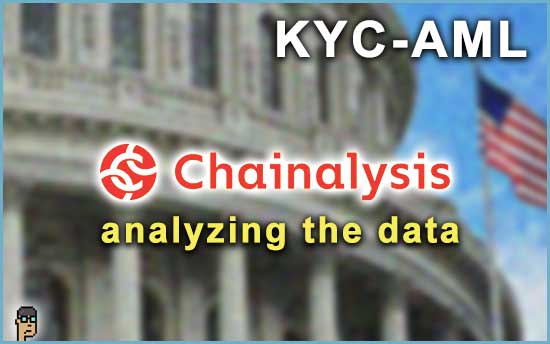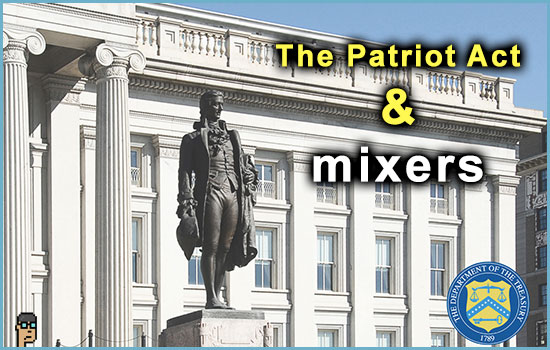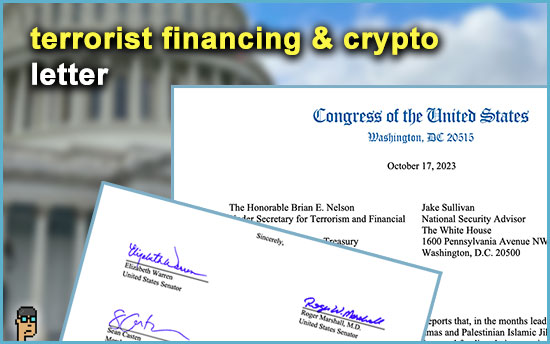article correction
It wasn’t a retraction of the story run on October 10 connecting crypto to terrorist financing in the Wall Street Journal, but there was confirmation by the reporting team that interpretation of the data was incorrect.
A new correction posted Friday begins: “Palestinian Islamic Jihad and Hezbollah may have exchanged up to $12 million in crypto since 2021, according to crypto-research firm Elliptic. An earlier version of this article incorrectly said PIJ had sent more than $12 million in crypto to Hezbollah since 2021, citing Elliptic’s research.”
Scroll to the bottom of the article for the “Corrections and Amplifications” section.
article correction – reaction
Crypto venture capitalist Nic Carter observed the change in a tweet thread on X, “…while it’s great that WSJ acknowledged they’d made mistakes, the correction is still very weak.” Coinbase’s Chief Legal Officer Paul Grewal weighed in on X, “[The WSJ’s] lede still maintains that the funding supported Hamas attacks hinged on ‘One answer: cryptocurrency.’ There’s no evidence of that, and WSJ knows it.” Read that thread.
Given the fire the article started in Congress as shown by elements of terrorist financing hearings in the House and Senate last week, the stakes remain high regarding the actual data.
Meanwhile, the “crypto and terrorist financing” narrative has continued to propagate in the media. In an interview on CNN with Deputy Treasury Secretary Wally Adeyemo last week, the lower-third graphic for the interview reads, “U.S. Warns Crypto Firms Against Financing Hamas, Terror Groups.” See it. Continue reading “Correction Issued On Crypto And Terrorist Financing Article; SEC’s Peirce Derides LBRY Decision”


